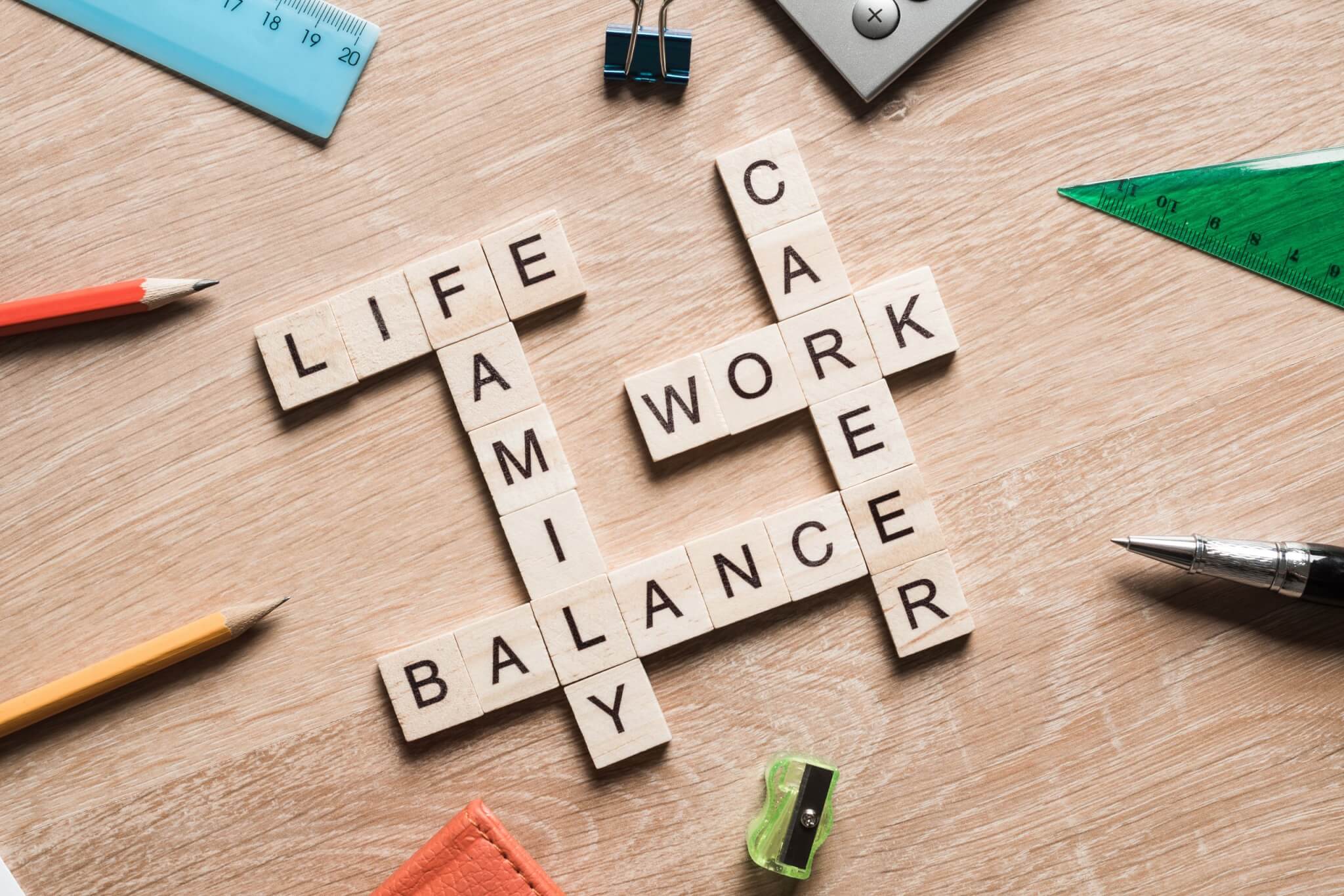We launched a report into shifting attitudes to flexible working and childcare for working parents, based on research carried out in January 2020. This included a YouGov survey with 1000 employees and 500 HR decision makers, and holding 12 in-depth interviews with HR decision makers and founders during January 2020. We also consulted an expert in this field, Dr Jana Javornik, Associate Professor of Work and Employment Relations at Leeds Business School, regarding certain areas of our research. The panel highlights are below:
Panel: Matt Phelan, Head of Global Happiness, The Happiness Index, Kirstie Loveridge, Senior Vice President, Human Resources at AEG Europe, Louise Lawrence and Harriet Calver, Winckworth Sherwood
In our fascinating panel discussion, we talked about how employers are incorporating flexible working into their businesses, what challenges they have faced, and how they have overcome these challenges.
- For Matt, it is not about whether you should embrace flexible working, it is about how best to embrace it. The culture, vision and values of an organisation make flexible working a success. If you treat people like human beings and they understand the values of the business then working remotely or in the office should not have an effect. It has been proved that if you work in a positive and trusting environment productivity will increase between 25-50%.
- Kirstie found that although flexible working was being offered to staff as time back in lieu and on an informal basis many did not take it up. Therefore, it was discussed within her organisation to have a more formal approach which they did initially on a 6-month trial basis and it was made permanent in October as it has been such a success. To manage challenges and expectations of staff implementation has focussed on three main phases:
-
- Work wise – this is around firm-wide communication, structure around flexible hours (i.e. working in the offices 10-4pm but being flexible around lunch breaks, start and finish times) and guides and training to both the staff and managers on building trust and working together.
- Work well – this is around mental health and putting staff first.
- Work smart – this is about using technology to help you. This was an issue that was talked about throughout the panel discussion and results. The correct technology is needed to support flexible working.
- One of the challenges that came out of this initiative was managers over complicating the process. Kirstie’s advice was just keep it simple – otherwise you will still be talking about implementing a policy in years to come. Come up with a simple firm policy, and then individuals can be dealt with on a case by case basis.
- For Matt it is about creating a thriving working culture – the theory is that where staff are feeling relaxed they are much more likely to be creative.
- A question came from the audience on how to by-pass having to block out one day a week for team meetings – the panel agreed that if you have the correct technology, support and trust with your team then you don’t all have to be in the office on one day.
- Another panel question was around the importance of communication when it comes to flexible working. Matt said that good tech allows good communication remotely – but you have to be prepared to go through the change curve. Whilst the transition from Powerpoint to the Google Suite was painful at first, it now works very well and enables, for example, several members of the team to work on a document at the same time.
- Matt talked about an experiment where they didn’t have an office for three weeks (whilst they moved offices). Although it encouraged flexible/remote working it also brought to light that people like having interaction with colleagues and they prefer the balance between the two.
- Trust was raised as a big challenge and the panel agreed that you should be giving 100% trust to employees from the beginning of employment. If you don’t trust them from the start, why are you hiring them. You should be hiring trust worthy people.
- An audience member commented that the transition to flexible working isn’t always straight forward from the outset but it is important to persevere as people do adapt to change eventually.



